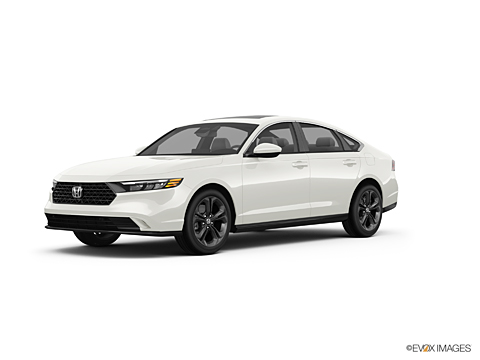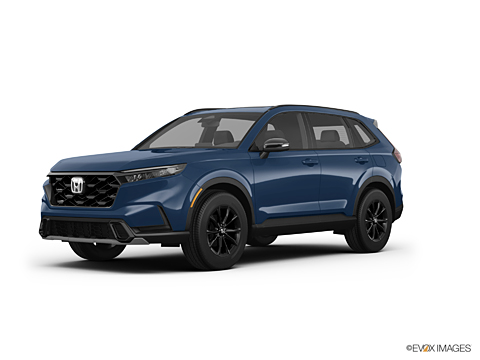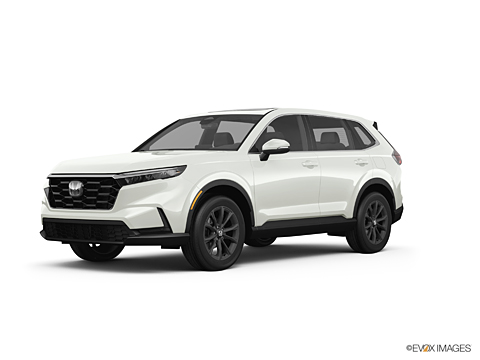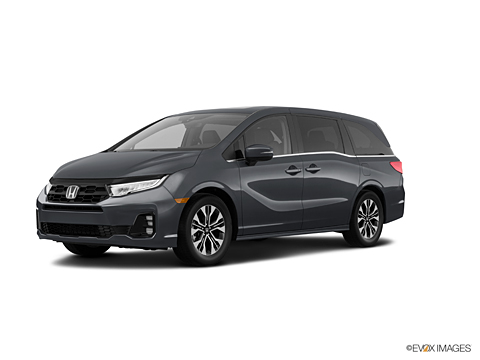
Honda Pilot Resale Value and Depreciation
See how much the Honda Pilot depreciates and retains its value over a 3-, 5-, 7- and 10-year timeframe.
Depreciation is the single largest factor in the cost of owning a vehicle. That means knowing how much a vehicle depreciates over time and how well it will hold its value is important. iSeeCars analyzed over 15 million vehicles to determine how much each model depreciates over a 3-, 5-, 7- and 10-year period. Typically, five years is the timeframe used to evaluate and compare depreciation across vehicles.
A new Honda Pilot depreciates 44.1 percent after five years, resulting in a resale value of $23,590. In comparison, the midsize SUV category, which the Honda Pilot belongs to, loses 46.3 percent of its value after five years. For further context, the five-year depreciation for all SUVs is 44.9 percent and for all vehicles is 41.5 percent.
If you plan to drive a new Honda Pilot for shorter or longer than five years, check the depreciation data for the other time periods. After three years, an Honda Pilot sees a depreciation of 25.5 percent with a resale value of $31,439. Its 7-year depreciation is 54 percent and 10-year depreciation is 68.8 percent.

Depreciation is the single largest factor in the cost of owning a vehicle. That means knowing how much a vehicle depreciates over time and how well it will hold its value is important. iSeeCars analyzed over 15 million vehicles to determine how much each model depreciates over a 3-, 5-, 7- and 10-year period. Typically, five years is the timeframe used to evaluate and compare depreciation across vehicles.
A new Honda Pilot depreciates 44.1 percent after five years, resulting in a resale value of $23,590. In comparison, the midsize SUV category, which the Honda Pilot belongs to, loses 46.3 percent of its value after five years. For further context, the five-year depreciation for all SUVs is 44.9 percent and for all vehicles is 41.5 percent.
If you plan to drive a new Honda Pilot for shorter or longer than five years, check the depreciation data for the other time periods. After three years, an Honda Pilot sees a depreciation of 25.5 percent with a resale value of $31,439. Its 7-year depreciation is 54 percent and 10-year depreciation is 68.8 percent.

Honda Pilot Depreciation After 3, 5, 7 and 10 Years
Honda Pilot Depreciation and Resale Value
| Vehicle Age | % Depreciation | $ Depreciation | % Residual Value | $ Residual Value |
|---|---|---|---|---|
|
3 Years |
25.5% |
$10,756 |
74.5% |
$31,439 |
|
5 Years |
44.1% |
$18,605 |
55.9% |
$23,590 |
|
7 Years |
54% |
$22,787 |
46% |
$19,408 |
|
10 Years |
68.8% |
$29,016 |
31.2% |
$13,179 |
Honda Pilot Depreciation Comparison
| 3-Year Depreciation | 5-Year Depreciation | 7-Year Depreciation | 10-Year Depreciation | |
|---|---|---|---|---|
|
Honda Pilot |
25.5% |
44.1% |
54% |
68.8% |
|
All Midsize SUVs |
25.7% |
46.3% |
57.3% |
69.2% |
|
All SUVs |
25.3% |
44.9% |
56% |
68.9% |
|
All Cars |
23.9% |
41.5% |
52.7% |
65.4% |
Related Lists
Methodology
iSeeCars analyzed over 15 million vehicles to calculate the depreciation and resale value for each model after 3, 5, 7, and 10 years. The depreciation for a given model is calculated from the difference between the new car price and the used car price for the model at each age. Factors such as the car's automaker and vehicle segment are taken into account in iSeeCars' mathematical model to estimate resale value and depreciation. Various segment averages are also calculated for context.














